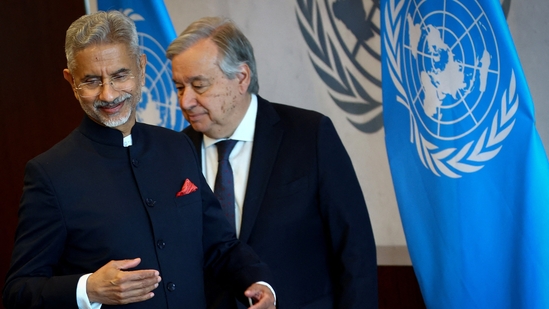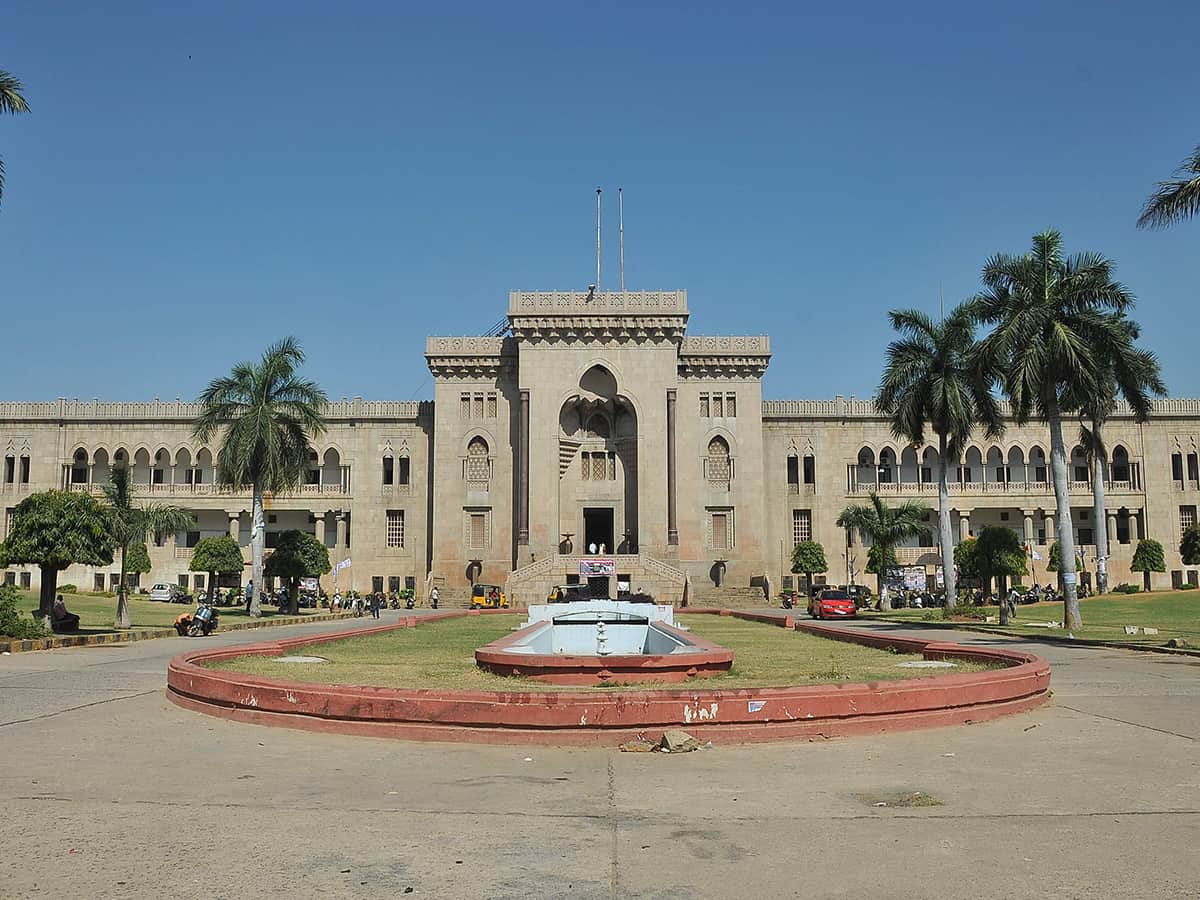Texas hostage-taking draws attention to Pak neuroscientist imprisoned in US
Mon 17 Jan 2022, 12:47:42

Washington: Aafia Siddiqui, a Pakistani neuroscientist serving more than 80-years sentence in the US, has once again come to the limelight after her release was sought by the British hostage-taker at a Texas synagogue last week.
Malik Faisal Akram, 44, took four people hostage at a Texas synagogue, that was termed as an “act of terror” by US President Joe Biden. Akram was killed on Sunday after a tense standoff.
In light of this incident, an analysis by the American Enterprise Institute said Pakistan has once again emerged as a terror-sponsoring country after this hostage incident.
In Pakistan, Siddiqui became a cause celebre. Pakistan’s president, prime minister, and foreign minister all brought up her case with their American counterparts, and the Pakistani senate called on the US to release her.
Siddiqui’s case continues to draw attention ever since she was arrested in the eastern Afghan province of Ghazni in 2008 over plans to make “dirty bombs” and to attack US cities, according to the American broadcaster Voice of America (VOA). Her family and lawyers have denied the charges.
Most Americans are unaware of Siddiqui’s case, but militant groups have been seeking her release and using the case to gain more
recruits, the report said.
recruits, the report said.
The conviction of Siddiqui in 2010 had sparked outrage in Pakistan. Later, the Pakistani Senate had passed a resolution in 2018, calling her “Daughter of the Nation” and urged the government to take “concrete steps” for her repatriation.
While the news of Siddiqui’s arrest passed with little notice in the US, her conviction led to widespread demonstrations in Pakistan and to demands that Pakistani authorities suspend the delivery of supplies for the war effort in Afghanistan.
“Siddiqui isn’t well known in the US, but in Pakistan, she’s a big name — many view her as an innocent victim. Also, at one point, ISIS had demanded that she be released in exchange for ISIS captives,” Michael Kugelman, the deputy director of the Asia program at Washington’s Wilson Center, wrote on Twitter.
Back in July last year, Siddiqui suffered serious injuries after an inmate attacked her.
According to VOA, the Pakistan Foreign Ministry took up the matter with US authorities through its embassy in Washington. The attack had also prompted protests by rights activists and religious groups in the US, calling for Siddiqui’s repatriation to Pakistan.
No Comments For This Post, Be first to write a Comment.
Most viewed from International
Most viewed from World
AIMIM News
Latest Urdu News
Most Viewed
May 26, 2020
Which Cricket team will win the IPL 2025 trophy?
Latest Videos View All
Like Us
Home
About Us
Advertise With Us
All Polls
Epaper Archives
Privacy Policy
Contact Us
Download Etemaad App
© 2025 Etemaad Daily News, All Rights Reserved.

.jpg)



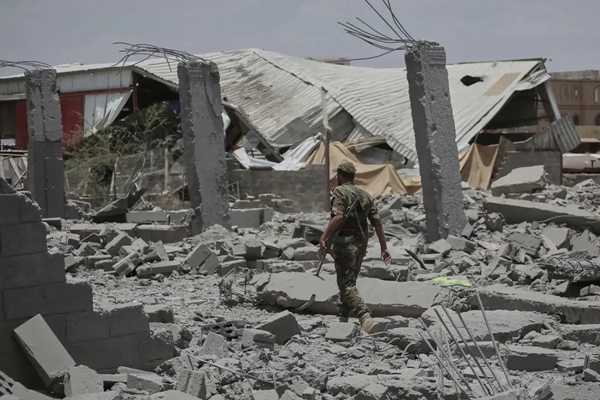
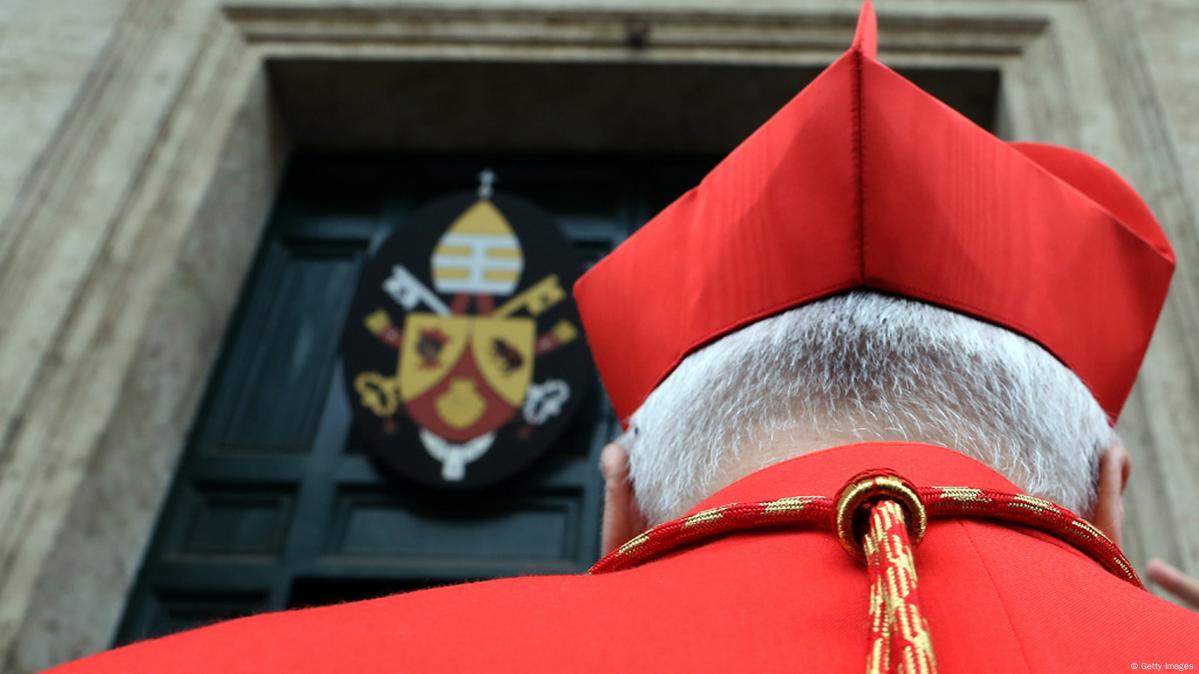



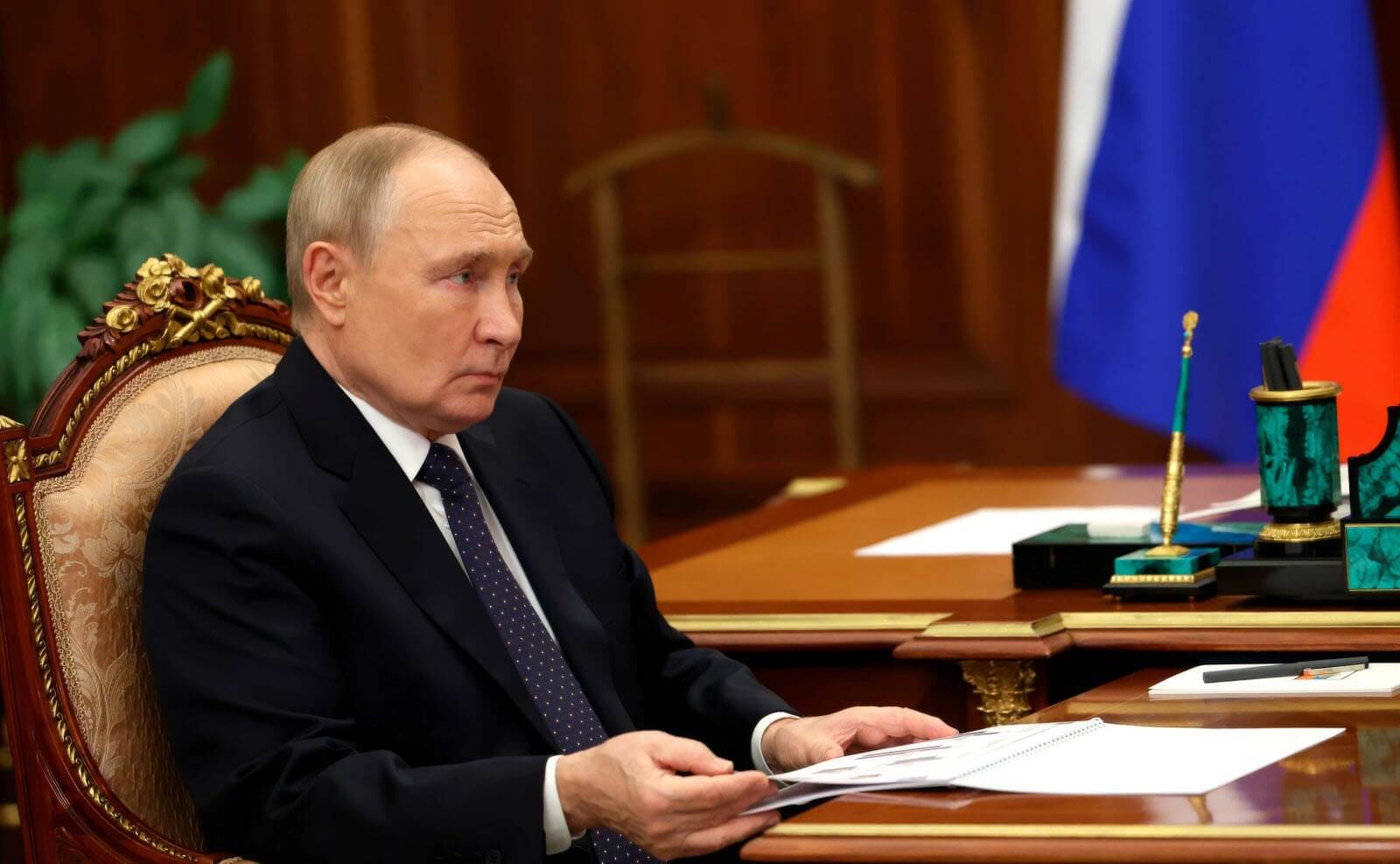

.jpg)


